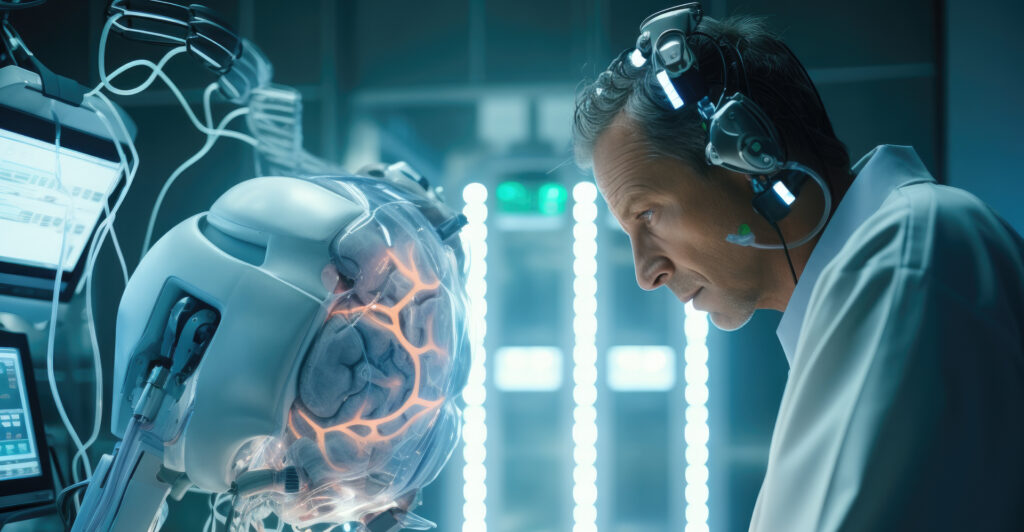
Many industries have been disrupted by the influx of new technologies in the Information Age.
Healthcare is no different. Particularly in the case of automation, machine learning, and artificial intelligence (AI), doctors, hospitals, insurance companies, and industries with ties to healthcare have all been impacted – in many cases in more positive, substantial ways than other industries.
So what solutions are they most commonly implementing? Here are 5 common ways AI is changing healthcare now and will in the future.
1- Managing Medical Records and Other Data:
Since the first step in healthcare is compiling and analyzing information, data management is the most widely used application of artificial intelligence and digital automation.
Robots collect, store, re-format, and trace data to provide faster, more consistent access.
2. Doing Repetitive Jobs:
Analyzing tests, X-Rays, CT scans, data entry, and other mundane tasks can all be done faster and more accurately by robots. Cardiology and radiology are two disciplines where the amount of data to analyze can be overwhelming and time consuming. Cardiologists and radiologists in the future should only look at the most complicated cases where human supervision is useful.
3. Treatment Design:
Artificial intelligence systems have been created to analyze data – notes and reports from a patient’s file, external research, and clinical expertise – to help select the correct, individually customized treatment path.
4. Digital Consultation:
Apps like Babylon in the UK use AI to give medical consultation based on personal medical history and common medical knowledge.
Users report their symptoms into the app, which uses speech recognition to compare against a database of illnesses.
Babylon then offers a recommended action, taking into account the user’s medical history.
5. Virtual Nurses:
The startup Sense.ly has developed Molly, a digital nurse to help people monitor patient’s condition and follow up with treatments, between doctor visits.
The program uses machine learning to support patients, specializing in chronic illnesses.
In 2016, Boston Children’s Hospital developed an app for Amazon Alexa that gives basic health information and advice for parents of ill children.
The app answers asked questions about medications and whether symptoms require a doctor visit.
Keywords: Applications, Artificial Intelligence, Health Care, digital, consultant.
